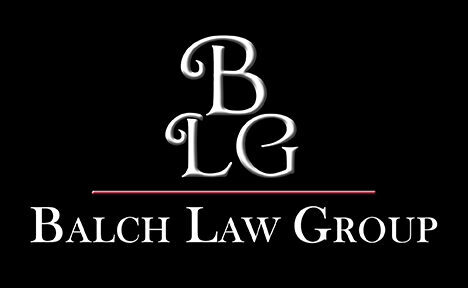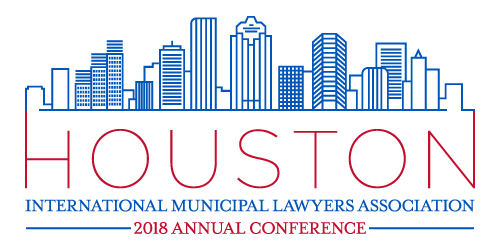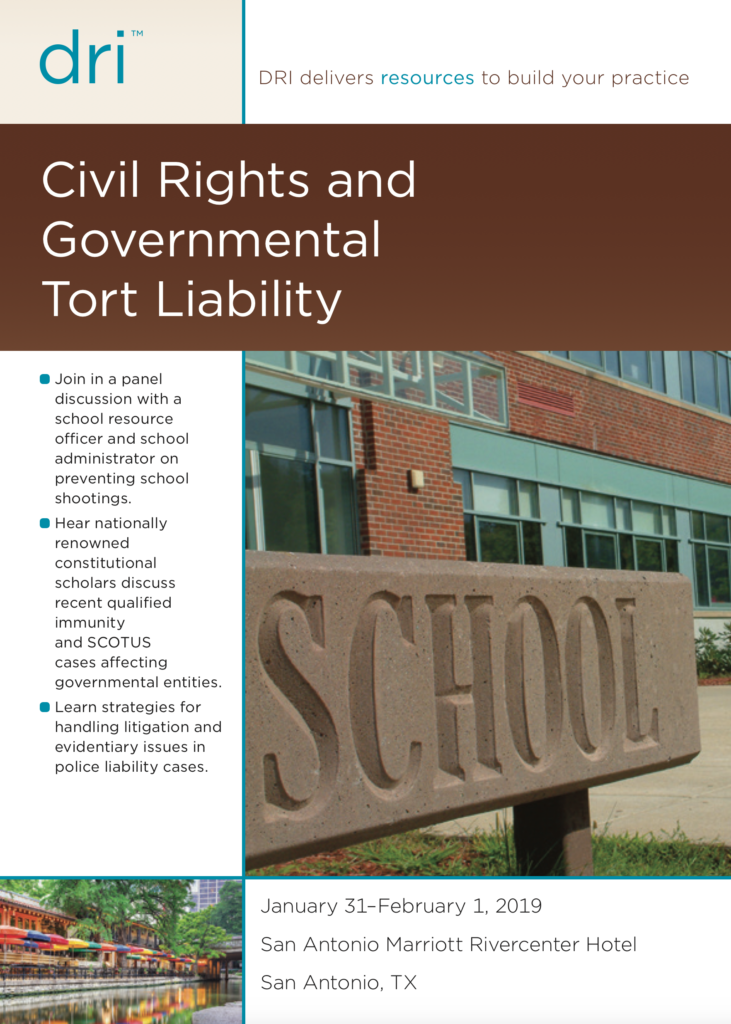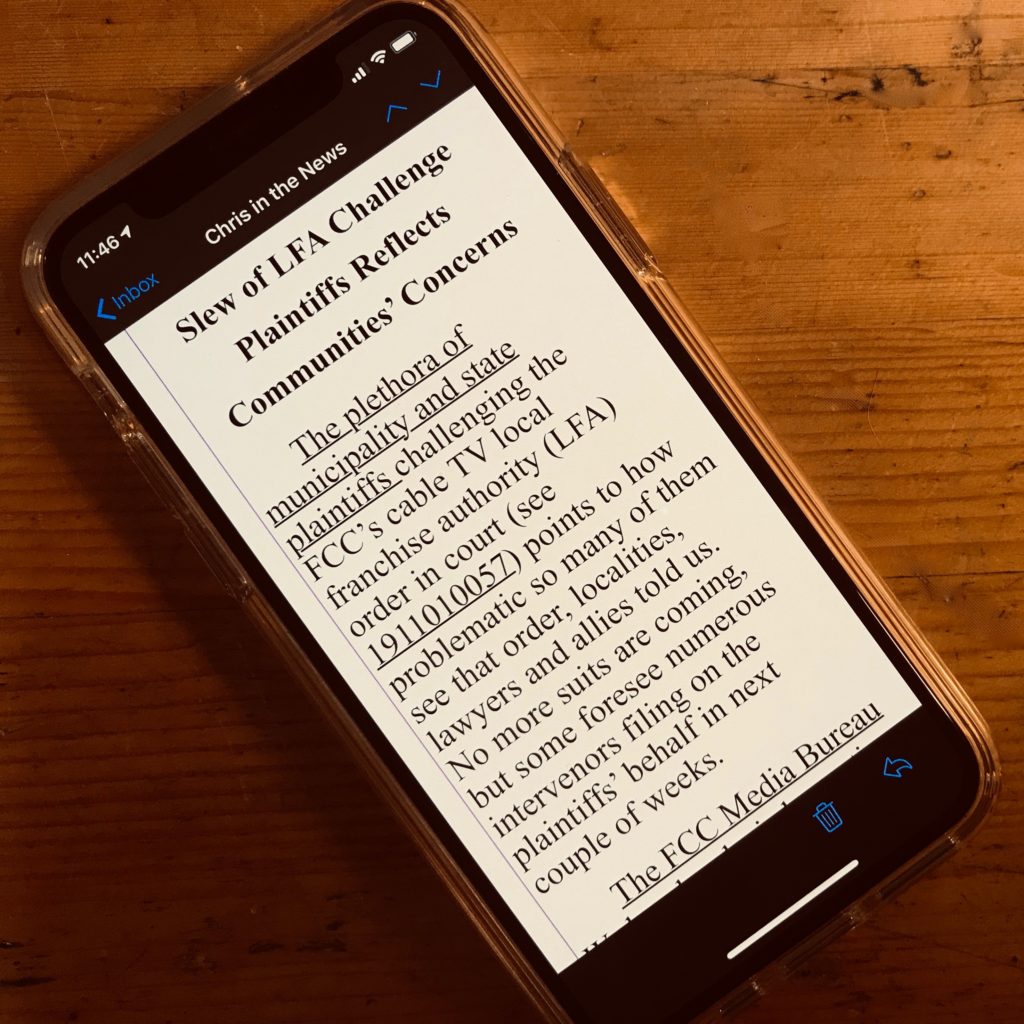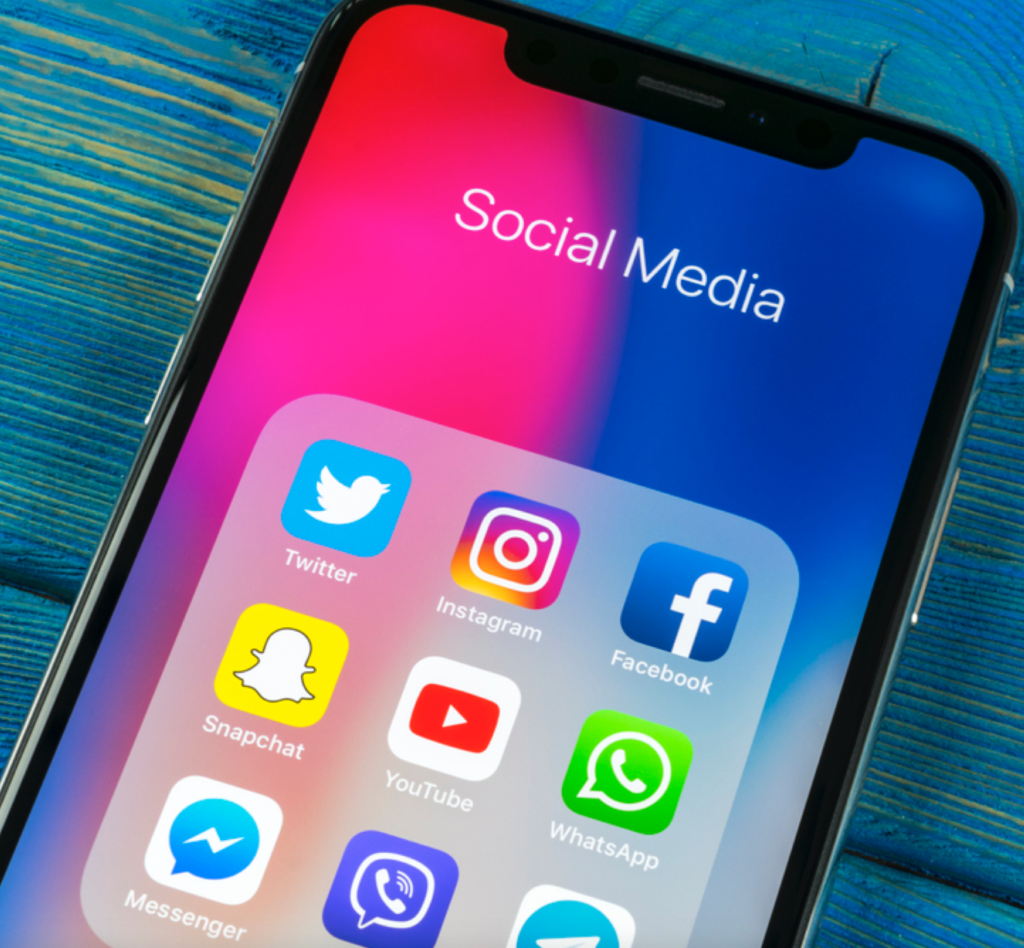Presented by Chris Balch
at the 65th Annual City & County Attorneys Institute.
University of Georgia, Athens, Georgia, September 13 & 14, 2018
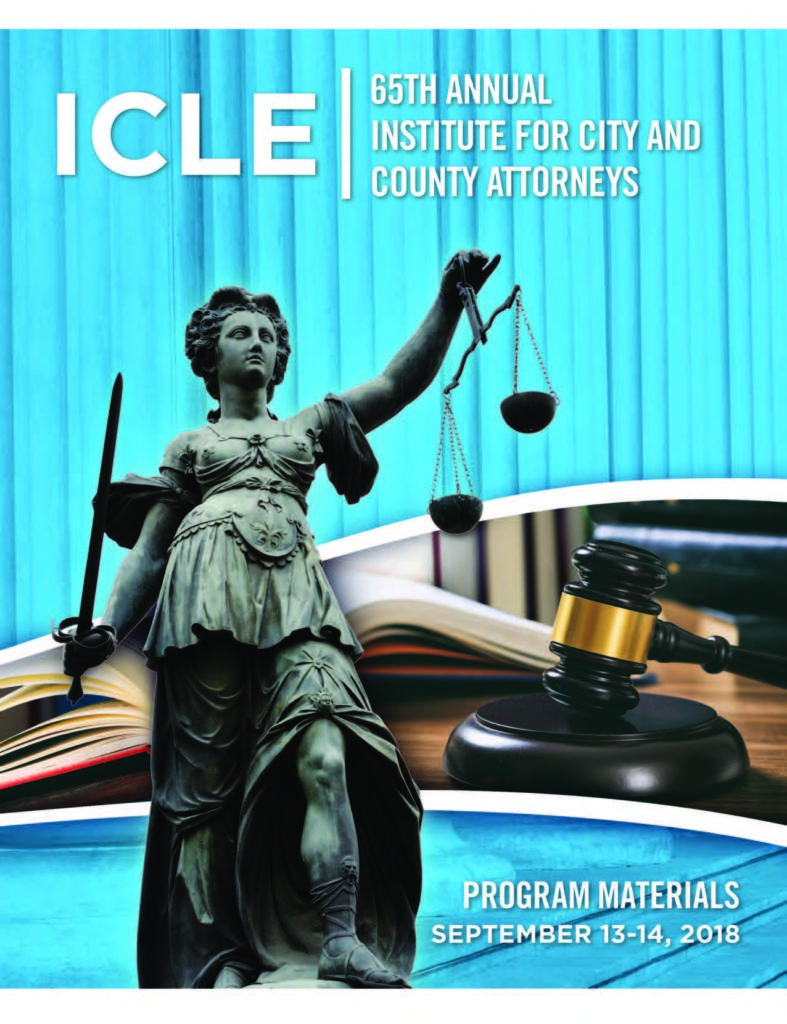
Seven years ago, when I first spoke on the topic of crisis management and the 24/7 news cycle, I focused on the outside risks of misfeasance coming to light: camera phones, investigative reporters, CNN producers looking for content, and the like. We had not yet experienced the Sandusky/Penn State scandal, or the one at Michigan State, the #MeToo movement, multimillion dollar lawsuits against Big Law Firms for pay equity or harassment, or the Grand Jury Report into sexual abuse by clergy in Pennsylvania, or…..well, you get the idea.
What has changed? The most significant change is the perception of reality. There is little agreement on what is true, what is fake, or what is real. Info Wars can be one person’s true and accurate source of information causing them to show up at a pizza restaurant to rescue the imprisoned children (who aren’t there), while MSNBC could be another’s. The national debate over what is true filters down to local government, and our clients are berated, belittled, and accosted for trying to do the “right” thing, whatever that may be. How many times have we each suffered through public comment when some self-styled “community leader” or “engaged citizen” starts falsely claiming that we are short 35 (or more) sworn police officers (which would mean that there would be no officers on the streets, averifiable falsehood), that the City can’t manage its money (despite superior credit ratings, consecutive clean audit reports, or recognition by the Department of Community Affairs for good financial management practices), or that the City needs to ignore recognizing its youth sport teams, or allowing children to gavel the meeting into order because such “feel good” or “Kodak” moments detract from the council’s real obligation of running the city/county “like a business” (can someone please help me understand what it is that a local government manufactures, creates, or otherwise “sells” to the local economy?).
Against this backdrop of “fake news”, attacks on media, attacks from the media, policy in 140 characters or less, expectations that government will communicate important data via Tweet or Facbook post, and the insatiabledesire of news outlets to be “firstest with the mostest,” local government has to find a way to credibly and responsibly respond to communications challenges that address the needs of their community.
[…read the full paper at the Georgia State Bar’s website]
